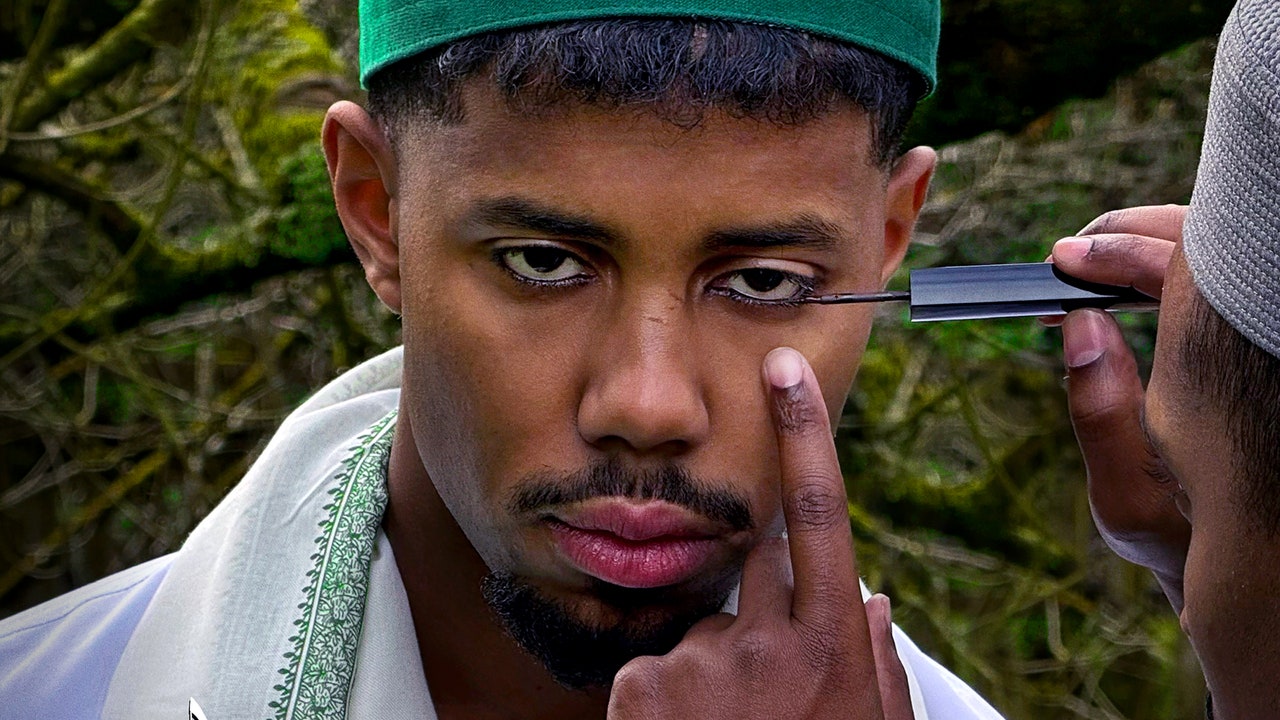The dunya has put Canadian Sudanese singer Mustafa through the ringer. The Arabic word, which means “this world,” has no real English equivalent. The phrase that comes closest to capturing what the term means in Islam might be “the human condition,” which for Muslims is brief compared to the eternal afterlife. Knowing that this dunya is fleeting offers consolation to the faithful who endure its hardest trials: war, poverty, grief. At just 28, Mustafa has been touched by all of the above, and the former poet processes these experiences openly in his sorrowful, searching music.
When Smoke Rises, his debut, focused on commemorating the dead. Over flickering production from Frank Dukes, Jamie xx, and Simon Hessman, Mustafa breathed warmth into the contradictions of his Toronto neighborhood of Regent Park, which he’s called a “dreamland and a graveyard.” His seamless fusion of hood idioms and folk vocals turned senseless deaths—like that of his friend and fellow Halal Gang member Smoke Dawg—into tender odes to platonic love. On Dunya, Mustafa widens his sound and the scope of his storytelling, using varied strains of electronic and folk music to explore the worlds within and beyond Regent Park. If When Smoke Rises was a funeral, Dunya is the strange days and years afterward, when death settles into the fabric of life.
Mustafa, who’s previously described his music as “love letters to the hood,” spends a lot of time on this record rethinking both the hood and love. The death of his older brother, who was shot and killed in Toronto last year, colors the songwriting, which is more panoramic than his earlier, diaristic work. When he rinses his hands of his hometown on “Leaving Toronto,” a track that quietly stews with rage, it feels like he’s truly speaking to the entire Six. “If we’re burning this city tell me where to start/I’m leaving the things that I said/Last of my friends help me shut my eyes/Oh, I still haven’t slept,” Mustafa sings with chilling reluctance. The city’s ambient violence has disappointed him so deeply that even his appetite for vengeance is diminished. But if the quest for retribution doesn’t go his way, he can make peace with that as well. “And if they ever kill me/Make sure they bury me next to my brother/Make sure my killer has money for a lawyer,” he croons.
“Gaza Is Calling” offers another tale of death and estrangement. The lyrics concern a Palestinian friend from childhood with whom Mustafa’s lost contact, and detail the subtle ways Gaza’s ongoing occupation closed the kid off from intimacy. No amount of hanging out, talking, or gift-giving seems to bridge the wall between them. “There’s a place in your heart that I can’t get into,” Mustafa laments as an elegant oud arrangement ripples beneath him, the instrument a subtle marker of their shared connection to the Middle East. Mustafa sounds both devastated and hopeful, a contrast played up by the shifting production, which begins with minimal string and piano melodies and later erupts into a rumbling IDM beat.
